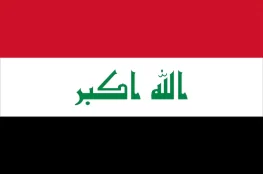I recall my visit to Hodeidah, Yemen several years ago, when the country was at relative peace. The city lies on the eastern coast of the Red Sea. The beach was not glorious and nothing like the beach on the Egyptian side where the rich Western tourists come for their vacations. We went for a swim in a deserted area and the water was not clear. We walked along the shore toward town where the fishermen brought in their catch. Unlike the Egyptians who restricted fishing in order to preserve the creatures for their luxury dive trade, the Yemenis harvested as much as they could. We stopped at a fish seller, asked them to carve off a fresh piece, and they cooked it for us over their charcoal fire. The next day our Yemeni hosts took us to an outdoor restaurant. Under a tent we ate with perhaps twenty Yemeni men and consumed the best fish and shrimp I’ve ever had.
But those days are over.
The Saudis and UAE , with US logistical assistance, are waging war against the Houthi army, the latter supported by Iran. Hodeidah is now the critical port for the shipment of supplies of all kinds into Yemen. This shipping entry point supplies more than two-thirds of the necessary goods for Yemen. This includes medicines, food, and other life essentials. The capital, Sanaa, is utterly dependent on the shipments arriving in Hodeidah. Under bombardment from the Saudis, the supply ships can no longer safely dock at the port.
Is this the final choke point for Yemen? The country can’t survive without these supplies.
There is another possibility. The Iranians may see it as their duty to increase their support for the Houthis. Will all the combatants be drawn into a wider conflict?



